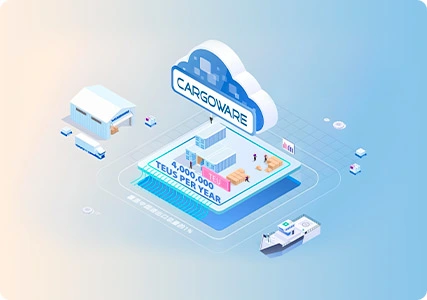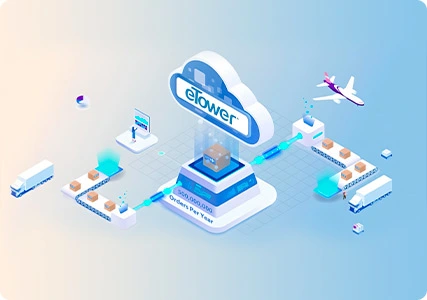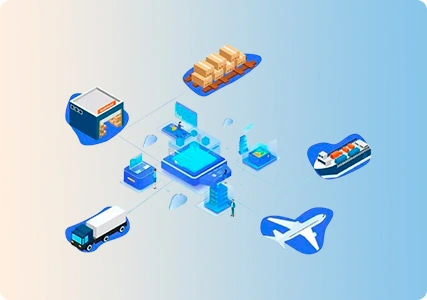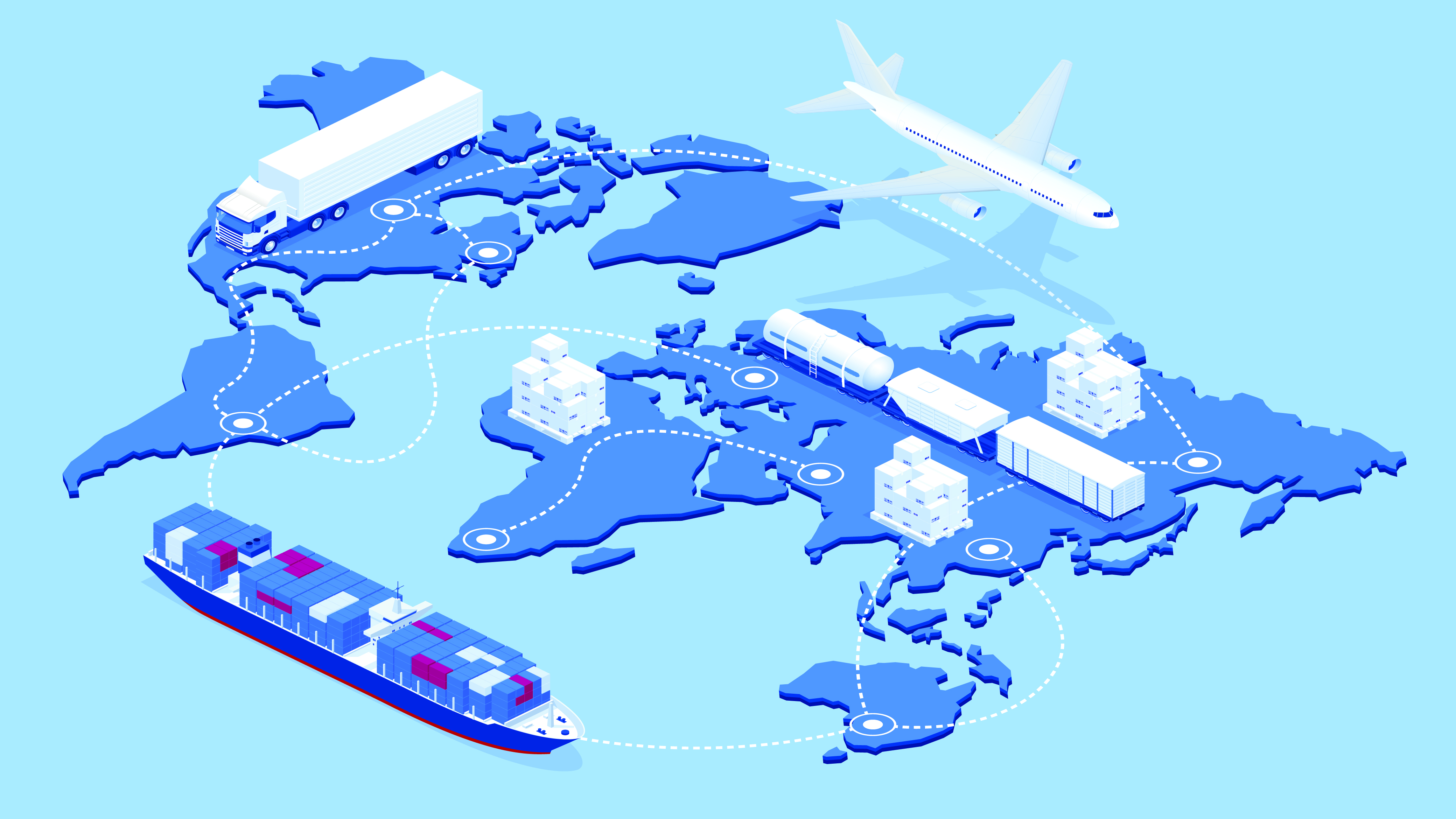According to reports on March 19, Amazon and FedEx were in talks to cooperate to handle the increasing number of e-commerce returns. Although there was no agreement, the negotiations highlighted the changing dynamics of the package delivery industry. The negotiations reportedly focus on FedEx accepting Amazon returns at its retail locations. The move would put FedEx into Amazon's returns business, which is currently managed by several companies, including FedEx's rival UPS. After this cooperation is achieved, FedEx will expand its business volume and obtain a share of it.
In the spring of 2023, Amazon charged customers for returning goods at UPS stores while the two sides negotiated. In the fall of 2023, UPS acquired Happy Returns, a company specializing in returns for online retailers, expanding its network of return delivery sites and reducing its exposure to Amazon's return business.
Separately, the relationship between FedEx and Amazon has been tense since 2019, when FedEx viewed Amazon's development of its delivery capabilities as a threat and terminated its delivery contract with Amazon. However, Amazon's investment in its logistics network has paid off, surpassing UPS and FedEx to become the largest package shipping company in the United States.
In addition, Amazon recently announced the launch of a new B2B (business-to-business) store, reinforcing its commitment to supporting Mexican companies. According to reports, Amazon Business provides the Amazon product selection, convenience, and competitive pricing that customers love, as well as a series of new features and unique advantages tailored specifically for businesses.
These benefits include exclusive enterprise pricing on thousands of products, single- and multi-user enterprise accounts, and dedicated customer support. Mexico is the tenth country to offer Amazon's business, after Germany, Canada, Spain, the United States, France, India, Italy, Japan and the United Kingdom.
Facing the expansion of return business, what can we do as logistics integrators?
Facing the increasingly competitive logistics situation, as a logistics integrator, we should focus on the management of comprehensive logistics software. What we need is an efficient and safe integrated software platform. This platform must have the following advantages:
Data exchange and integration: Logistics and transportation software usually exchanges and integrates data with retailers and e-commerce platforms. In this case, FedEx can obtain return order information in real-time through integration with e-commerce platforms such as Amazon and transmit relevant data to the logistics and transportation software to start the return logistics process.
Support for in-warehouse labeling: In-warehouse labeling usually occurs after the goods have been inspected, classified, or repackaged, and the labels or logos of the goods need to be updated to reflect changes in actual content or status. Products that will be relabeled usually comply with the rules set by the logistics provider for abnormal parts. The logistics transportation software will support the association of the order numbers corresponding to the abnormal parts. For the logistics provider system that has been connected to the warehouse system, the system supports automatic synchronization of return orders from the warehouse system. System for subsequent processing. The purpose of this function is to ensure the accuracy and traceability of goods so that they can be accurately identified and processed during subsequent warehousing, sorting, and transportation.
Inventory management and tracking: Logistics and transportation software can also be integrated with the retailer's inventory management system to manage and track returned goods. FedEx can track the inventory status of returned goods in real-time through software to ensure the safe storage and timely delivery of returned goods.
Customer notification and feedback: Logistics and transportation software can be integrated with retailers' and e-commerce platforms' customer notification systems to achieve real-time notification and feedback to customers. When accepting returns from Amazon, FedEx can send return receipt confirmation and delivery progress information to customers through software to improve customer satisfaction.
To sum up, logistics and transportation software plays an important role in FedEx's acceptance of Amazon returns. Through the realization of functions such as data exchange, order processing, inventory management and customer notification, it realizes the automation and efficiency of the return process. It improves the efficiency of the return process. Service quality and customer experience.
WallTech has been focusing on iterating and updating logistics software functions for many years, with the purpose of helping your company stand out among many competitors. If you want to try out the software or are interested in customized functions, please get in touch with us!










